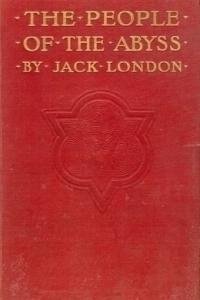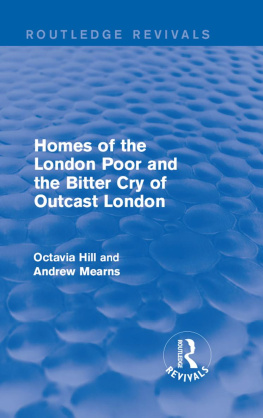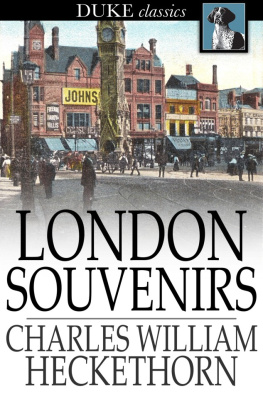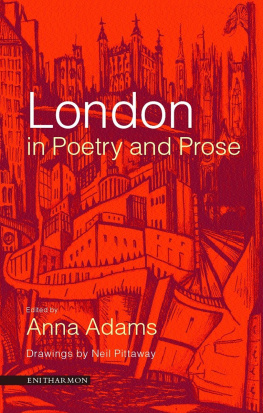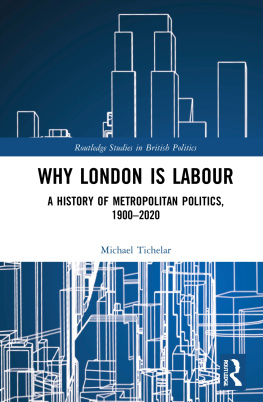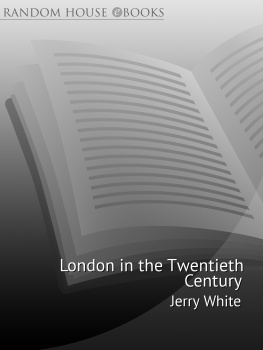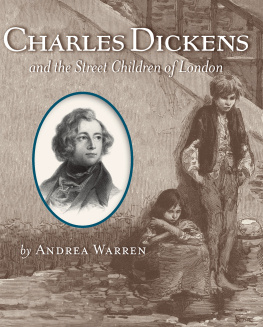First published in 1969
by Hutchinson & Co
This edition first published in 2017 by Routledge
2 Park Square, Milton Park, Abingdon, Oxon, OX14 4RN
and by Routledge
711 Third Avenue, New York, NY 10017
Routledge is an imprint of the Taylor & Francis Group, an informa business
1969 Foreword Raymond Williams
1969 Introduction, Albert Fried and Richard M. Elman
All rights reserved. No part of this book may be reprinted or reproduced or utilised in any form or by any electronic, mechanical, or other means, now known or hereafter invented, including photocopying and recording, or in any information storage or retrieval system, without permission in writing from the publishers.
Publishers Note
The publisher has gone to great lengths to ensure the quality of this reprint but points out that some imperfections in the original copies may be apparent.
Disclaimer
The publisher has made every effort to trace copyright holders and welcomes correspondence from those they have been unable to contact.
A Library of Congress record exists under LC control number: 78419551
ISBN 13: 978-1-138-28338-1 (hbk)
ISBN 13: 978-1-315-27027-2 (ebk)
HUTCHINSON & CO ( Publishers) LTD
178-202 Great Portland Street, London W 1
London Melbourne Sydney
Auckland Bombay Toronto
Johannesburg New York
First published 1969
Foreword, Raymond Williams 1969
Introduction, Albert Fried and Richard M. Elman 1968
Printed in Great Britain by offset litho at Taylor Garnett Evans & Co Ltd, Watford, Herts, and bound by Wm . Brendon & Son Ltd, Tip tree, Essex
09 095300 2
By R AYMOND W ILLIAMS
This selection from the three editions and more than seventeen volumes of Charles Booths Life and Labour of the People in London is very welcome. It makes available, in a convenient introductory form, one of the major documents of the late Victorian city, and is interesting beyond this as an example of an influential method in social inquiry, and as a sign of change in middle-class attitudes towards poverty.
Individuals are always likely to differ, in what they know or try to find out about poverty in their own place and time. We have seen this again, seventy years after Booth, in the range of contemporary attitudes to the facts of poverty, whether in our own society, in which many people are still poor in what is called a welfare state and even an affluent society, or more generally in the world, where the great majority of our fellow human beings are still desperately poor. There is a question of getting the facts, and then the more crucial question of how we respond to them. But each of these questions is held within deep underlying assumptions, learned and repeated in daily experience, about our real relations with other men. If, for example, we think that what we call other races are inferior, we may not concern ourselves with the fact that they are poor, or, if the facts are forced on our attention, we have a prepared answer: that their poverty is the consequence of their inferiority. Similar kinds of evasion and false explanation have been repeatedly used about the poverty of other social classes and groups.
And beyond even this, the idea of poverty is itself a social construction. To say that a man is poor is to make a comparison, and therefore to indicate, for acceptance or rejection, a relationship between him and others, or between him and ourselves. It is one thing to be so deprived of food, shelter and clothing that life itself cannot or can only just be maintained. Such absolute deprivation is easily recognized as poverty, but there are many stages above it for which the description as poor suggests itself: both because our ideas of what constitute adequate conditions for human life are continually changingwe indicate health and happiness, as well as mere survival; we add education, literacy, freedom, opportunity, security to our basic needsand because, in any case, poverty is a comparative estimate, in the light of the experience of others, or of ourselves at different stages of our lives. And the range of this comparison is then crucial. The people who were called poor relations by rich Victorian families were well off by comparison with the majority of their fellow countrymen, but the range of comparison that prompted the description was within a known class, to which the poor relations, but not other poor people, belonged. Similarly, when English professional people, after the last war, began referring to themselves as the new poor, they were not seriously suggesting that they were poor in relation to the majority of other people, but rather that they were poor in relation to the habits and expectations of their own families and accustomed and expected way of life. With a different social range and perspective, growing up in the family of a railwayman on less than fifty shillings a week, I did not think of myself as poorindeed for a time accepted as success an eventual five pounds a week, if I passed my examinationsuntil different experience and different comparisons came into view.
There are people now, in Britain, as poor as some of those investigated by Booth. That persistence always needs emphasis. But his inquiry was a landmark for two reasons: his attempt to establish a poverty line, and his accumulation of evidence on which, eventually, a change of orthodox attitudes to poverty, and then of legislation, could be based. It is significant that he set out on his inquiry to disprove what he took to be sensational radical propaganda. That kind of scepticism is as persistent as poverty itself, but few men do what Booth then did, so thoroughly over so many years. And then again, behind his scepticism, and indeed, in the end, recurring as a dogmatic belief, there was the orthodox view, on which the 1834 Poor Law and much earlier practice had been based, that poverty was not only a condition avoidable by individual effort, but was even a kind of crime (as Samuel Butler satirically observed in Erewhon) meriting not relief but harsh correction. It was Booths young assistant, his cousin Beatrice Potter, who eventually, with her husband, Sidney Webb, wrote the decisive Minority Report (1909) of the Royal Commission on the Poor Laws, with an emphasis on the prevention of poverty, by social means, and the institution of social services, on which so much subsequent legislation was based. By then, there was also Seebohm Rowntrees Poverty: A Study of Town Life (1901), and a growing political campaign for reform.


